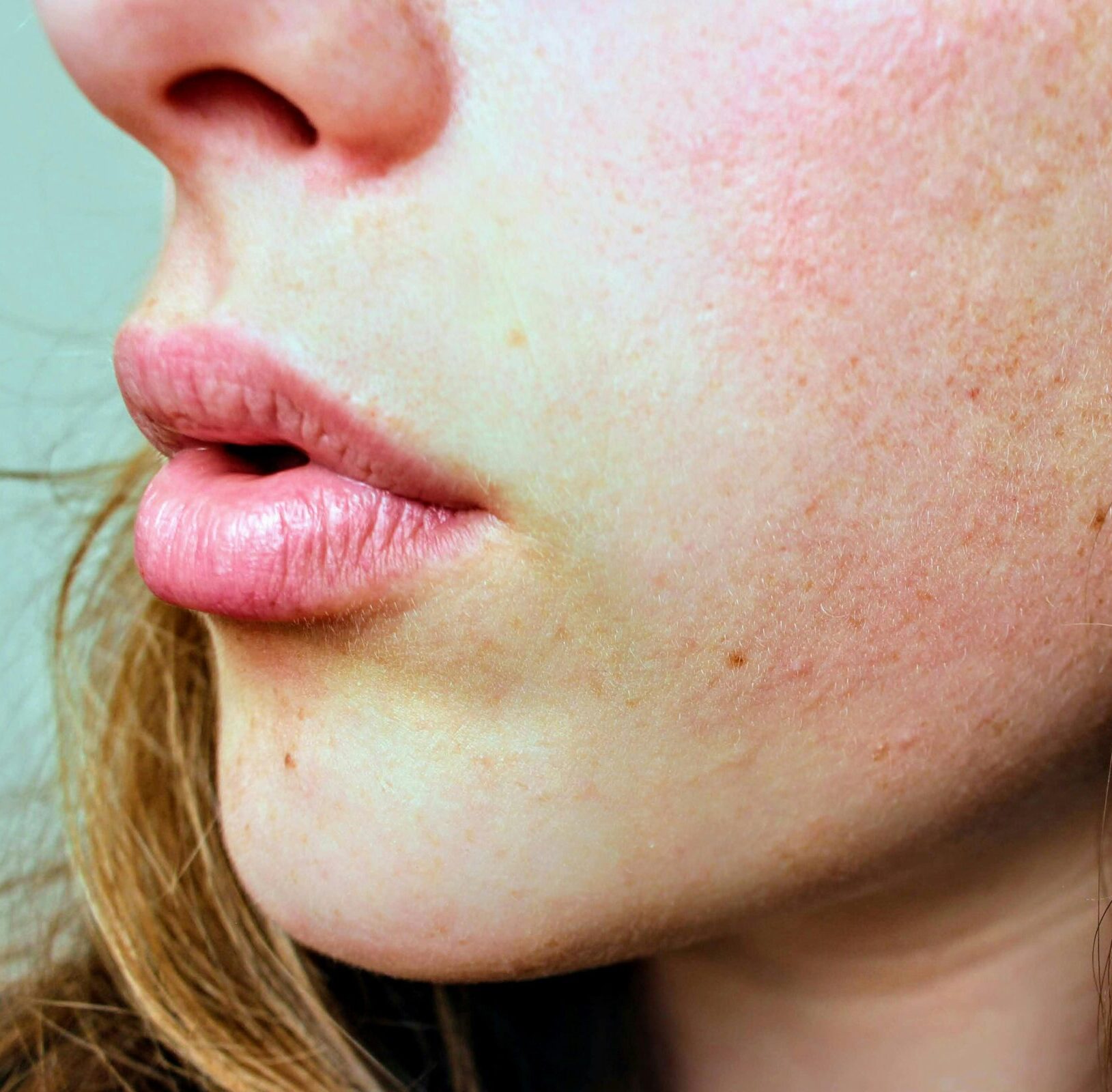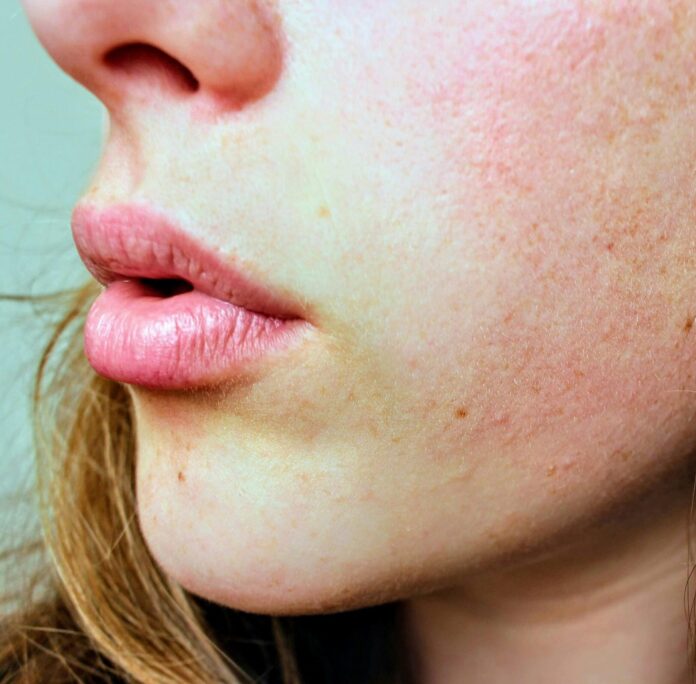If you pay any attention to skincare trends and beauty hype, you may have noticed lots of products referencing the ‘skin barrier’. But what is this, and do you need to pay attention to yours? The term ‘skin barrier’ refers to a tough layer of cells on the exterior of your skin which are bound together by lipids. This layer is designed to protect and care for the more sensitive skin underneath, and if the barrier becomes damaged it can have serious implications for the rest of your skin. Read on for the three key signs of skin barrier damage, and ways to remedy this.
Redness
For some of us, redness is just part and parcel of our skin, but if you have noticed redness that has recently developed or worsened, this can be an indicator that your skin barrier is stressed. Common causes of this redness include retinol, concentrations of exfoliating acids such as glycolic which are too high, or abrasive manual exfoliation. Try laying off the retinol or acids for a while, and stop manually exfoliating skin altogether – this will give your barrier time to repair and heal.
Dryness
Dry or flaking skin can be a clear sign that the skin barrier needs some care and attention. Press pause on using acids and other harsher ingredients within your skincare routine for a while and focus on intensive hydration—layering moisturizers is a good way to achieve this quickly. It’s also a good idea to stay out of the sun until your barrier has healed.
Oiliness
Confusingly, a distressed skin barrier can also manifest as oily skin. If you normally have dry or combination skin but have noticed an increase in oiliness recently, this may be a sign that your skin is working overtime to try and combat an ingredient or step in your routine that it’s not happy with. Try phasing out ingredients or products which you think could be responsible, and then gradually phasing them back in – if something re-triggers the oiliness, you may need to find an alternative product which your skin can tolerate better.


